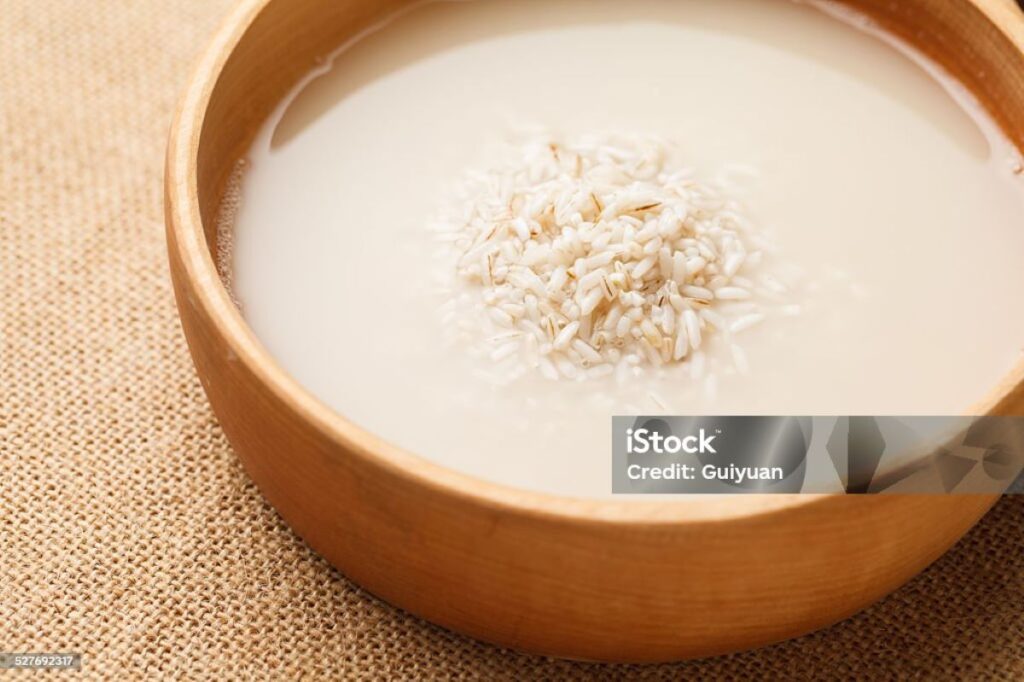Skin Care
Can Rice Water Get Rid Of Acne
Finding a successful acne treatment can be a stressful and continuing battle. Numerous goods and therapies claim to offer the remedy, but not all of them work. Rice water is one natural cure that has gained popularity in recent years. The starchy liquid left over after boiling or soaking rice is known as rice water. For millennia, Asian cultures have used it for its myriad health and cosmetic benefits. In this post, we will investigate whether rice water may genuinely help with acne treatment and explain its potential benefits, application, and concerns.
What is Rice Water?
Rice water, as the name implies, is the water left over after cooking or soaking rice. It is high in vitamins, minerals, and amino acids, all of which are healthy to both the body and the skin. Rice water can be gathered by boiling rice and then filtering the liquid, or by soaking rice in water for a length of time and allowing it to ferment. The resulting liquid is nutrient-dense and can be utilized in a variety of skin-care applications.
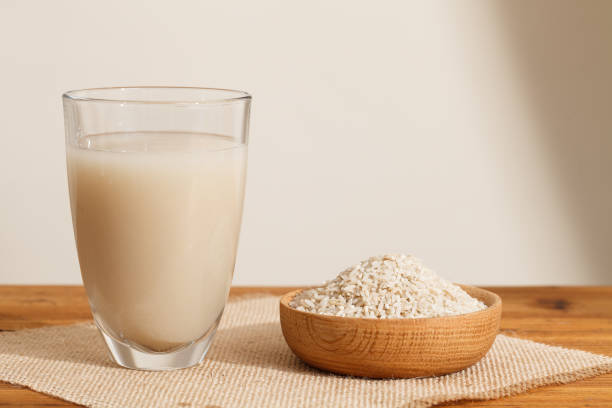
The Benefits of Rice Water for Skin
Rice water has long been lauded for its skin-nourishing qualities. It is high in antioxidants, which help protect the skin from free radicals, which cause premature aging and damage. Furthermore, rice water contains vitamins B and E, which can encourage cell growth and repair, resulting in a more youthful appearance. Minerals like as magnesium and selenium also add to its skin-soothing and moisturizing properties.
How Rice Water Can Help with Acne
Acne is a common skin disorder that is characterized by pimples, blackheads, and whiteheads. Excess oil production, clogged pores, and inflammation are common causes. Because of its potential to address some of these underlying problems, rice water has been promoted as a natural pimple treatment.
Rice water can aid in acne treatment by lowering excess oil production. The starch in rice water produces a protective barrier on the skin, aiding in the management of sebum excretion, an oily material that can lead to acne breakouts. Rice water may help prevent clogged pores and lessen the incidence of pimple by controlling oil production.
Furthermore, rice water has anti-inflammatory qualities that can help soothe inflamed skin and minimize acne-related redness. Rice water’s antioxidants also aid in the neutralization of free radicals, which can lead to inflammation and worsen acne symptoms.
Rice Water vs. Other Acne Treatments
There is no one-size-fits-all solution for acne treatment. Different treatments are effective for different people, and what works for one person may not work for another. When contemplating rice water as an pimple treatment, it is critical to bear this in mind.
In comparison to other acne treatments, such as over-the-counter lotions or prescription drugs, rice water is more natural and friendly. It is free of harsh chemicals and is less likely to irritate or dry skin. Also it is crucial to remember, however, that rice water may not be as effective or as fast-acting as certain traditional pimple treatments. It may take longer to notice effects and may not be effective in cases with severe or persistent acne.
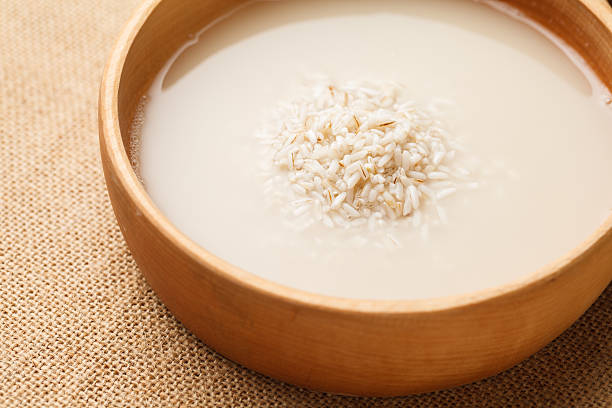
How to Make Rice Water for Acne
Making rice water for acne is a simple home-based procedure. Here’s how to make your own rice water, step by step:
- To begin, rinse 1 cup of rice to remove any contaminants.
- Fill a bowl halfway with water and add the washed rice.
- Soak the rice for 15 to 30 minutes.
- Gently mix the rice into the water to release the starch.
- Strain the rice into a separate container, collecting the liquid.
- The resulting liquid is rice water, which can be used to cure acne.
How to Use Rice Water for Acne
Once you’ve made the rice water, there are numerous methods to incorporate it into your acne treatment skincare routine. Here are a few examples:
- Toner: After cleansing your face, soak a cotton pad in rice water and use it as a toner on your skin. This will help to balance oil production while also soothing irritation.
- Face mask: To make a homemade face mask, combine rice water with other natural substances such as honey or turmeric. Apply the mask to your face and rinse it off after 15-20 minutes.
- Facial rinse: After cleansing your face, apply rice water to your skin and gently pat it dry. This will assist to tighten pores and enhance skin texture overall.
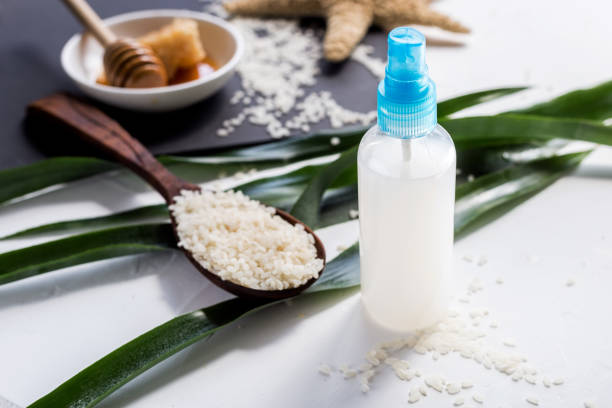
Tips for Using Rice Water Effectively
To optimize the benefits of rice water for acne treatment, keep the following suggestions in mind:
- Use freshly produced rice water: Rice water tastes best when it is freshly prepared. Avoid storing it for an extended period of time because it may lose some of its therapeutic characteristics.
- Patch test first: First, perform a patch test on a small area of skin to check for any allergic responses or sensitivities before applying rice water to your complete face.
- Be consistent: Consistency is essential in any skincare routine. Include rice water in your daily routine and give it some time to work its magic. The results may not be quick, so be patient and persevere.
Potential Side Effects and Precautions
While most people consider rice water to be harmless, it is crucial to be aware of any side effects and take the required measures. When using rice water, some people may have skin irritation or allergic responses. If you experience any redness, irritation, or swelling, stop using the product and visit a dermatologist.
It should also be noted that rice water should not be used in place of expert medical advice or recommended acne treatments. If you have severe acne or underlying skin issues, you should see a dermatologist for personalized treatment advice.
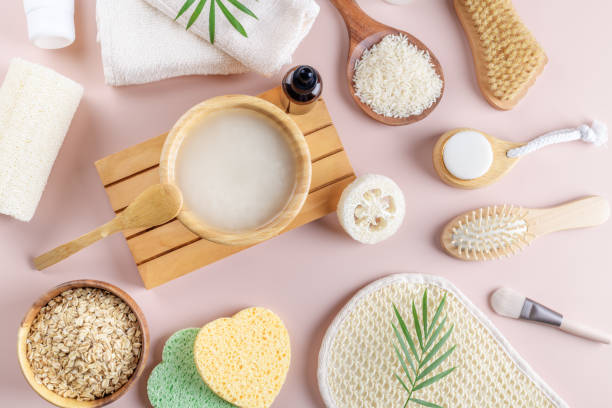
Other Uses of Rice Water for Skincare
Rice water has been utilized for a variety of skincare applications other than acne treatment. It is suitable for use as a light cleanser, makeup remover, and hair rinse. Rice water contains vitamins and minerals that can help enhance the general health and look of the skin and hair.
Conclusion
Rice water seems to hold promise as a natural and gentle treatment for acne, as discussed earlier. I find its benefits intriguing, including oil management, inflammation reduction, and an overall improvement in skin quality. However, it’s crucial to note that individual outcomes may vary, and rice water might not act as quickly or effectively as other traditional acne treatments. If considering the use of rice water for acne, consistency, patch testing, and consultation with a specialist are important steps to take. I understand that maintaining a healthy skincare routine, along with a balanced diet and lifestyle, is crucial for achieving and maintaining clean, healthy skin.

